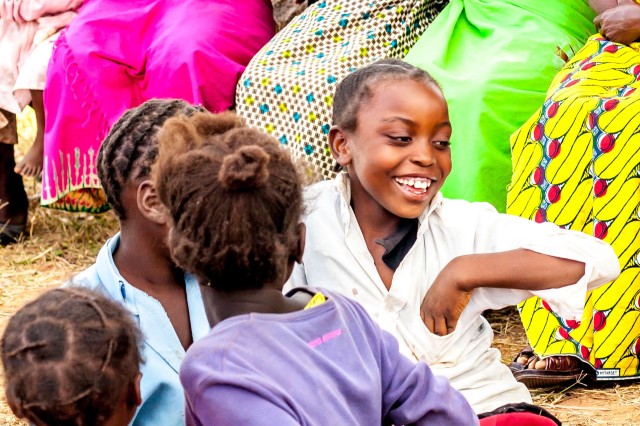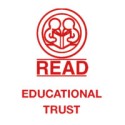School Readiness Initiative in South Africa
The main goal of the school readiness initiative of the Roger Federer Foundation that starts in January 2019 is to provide vulnerable children with a good start into primary education through access to quality Grade R. The Foundation has been active in South Africa since 2010. Its focus areas are the Provinces of Limpopo and Mpumalanga. As stated above, the new initiative will focus on the transition phase from pre-school (Grade R) to primary school (Grade 1). A study commissioned by the Roger Federer Foundation found that in 2017, the number of children attending pre-schools was approximately half the number of children enrolled in Grade 1. Furthermore, Grade R is not yet compulsory and Grade R teachers are poorly qualified and not employed by the state. Therefore, the initiative will not only focus on the children, but also on the schools that should be ready for their pupils.
For this, the program will increase the capacity of Grade R teachers, establish a peer-to-peer mentoring system, sensitize and engage relevant stakeholders such as school inspectors, principles, early grade teachers and parents to the children’s need in the phase of transition, and mobilize them to ensure that schools are in a better position to accommodate young learners. A Child Monitoring Systems will track children’s development and respond to their individual needs in terms of language, numeracy, physical, socioemotional and cognitive development. The strategy supports the National Development Plan 2030 in providing a quality year before children enter Grade 1 as well as the United Nations Sustainable Development Goal 4.2 in ensuring that by 2030 all girls and boys are ready for primary school.
The board has approved a budget of CHF 7,200,000 for the initiative. Its main impact objectives are:
Establishment of a child development monitoring system at pre-primary age
Increase in children participating in organized learning at least one year before transitioning into primary school
Increase in children who are developmentally on track at primary school entrance age
Decrease of repetitions and drop-outs in lower grades at school





